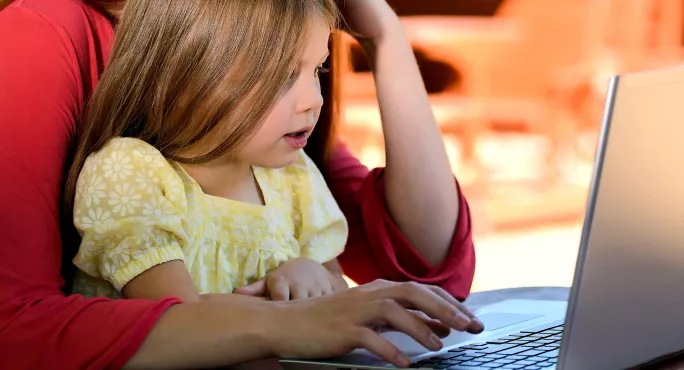Parents spend far less time helping their children with schoolwork in Britain than in many other countries, aaccording to findings published today.
Only 11 per cent of British parents spend an average of an hour of more a day helping their children with their education - putting the UK 25th out of 29 countries by this measure - and 23 per cent do not give any help to their children with education.
Today’s Varkey Foundation report bills itself as “the most comprehensive global study ever of the hopes, fears and views of parents across 29 countries”, and is based on Ipsos Mori polls of more than 27,000 people.
On average across all countries, a quarter of parents spend an hour a day helping their children with education, but the figure is far higher in India (62 per cent) and Vietnam (50 per cent).
Even among “established economies”, the UK figure of 11 per cent is low: in the US it is twice as high, at 22 per cent, and in Italy it is 25 per cent.
The only countries where even fewer parents help children with their education for an hour or more a day are Japan (10 per cent), Estonia (10 per cent) and Finland (5 per cent).
Across all 29 countries, nearly a third of parents feel they spend too little time helping their children outside of school, although parents in “lower-income economies” are more likely to feel this acutely.
The most common reason given for not helping children is a lack of time, cited by over half the parents across all 29 countries.
Vikas Pota, chief executive of the Varkey Foundation, said: “It’s worrying to see that British parents are spending so little time helping their child with their education - lagging behind almost every other country we surveyed.
“The fact that Indian parents are almost six times more likely to spend an hour a day helping their child with their education than British parents is sobering.”
Chris Keates, general secretary of the NASUWT teaching union, said there is “a lot of evidence” that parents are keen to help with their children’s education, “but the pressures of working life” get in the way.
She said the survey results might reflect that British parents work some of the longest hours in the OECD (Organisation for Economic Cooperation and Development).
She also questioned whether the government was doing enough to get parents involved, adding: “The last Labour government put a lot of investment into support parents to engage with their children’s learning, but this support was cut when [in 2010] the coalition came to power.”
The Varkey Foundation study also finds that British parents’ priorities and attitudes towards education are often different to those found elsewhere.
Given more funds for schools, 70 per cent of British parents would spend the money on more teachers or better pay for teachers - a higher proportion than the vast majority of countries.
Meanwhile, British parents were the least likely to approve of private companies running state schools, with 23 per cent supporting such a move compared with 73 per cent in India.
Almost half of British parents said that school being a happy environment for children was among their top three criteria when choosing schools, placing them joint second out of 29 countries, equal to Japan and only behind South Korea.
Less than a third - 32 per cent - say it is very important for their child to attend university to achieve the most in life, around half the global average (65 per cent) and the joint-lowest with France. The highest figure was 92 per cent, in Colombia and Mexico.
One in 10 British parents says it is not at all important for their child to attend university, more than three times the global average (3 per cent) and the second-highest after Finland.
British parents also appear to place less importance on education fostering an international view of the world.
Among parents who felt their child was underprepared for the world of the future, survey analysts found:“With Brexit on the horizon, only 31 per cent [in the UK] said the number one thing their child’s school should be doing more to better prepare their child [was to encourage] a greater international outlook”.
This is below the average (43 per cent) and much lower than in Italy (72 per cent).
Want to keep up with the latest education news and opinion? Follow Tes on Twitter and like Tes on Facebook




